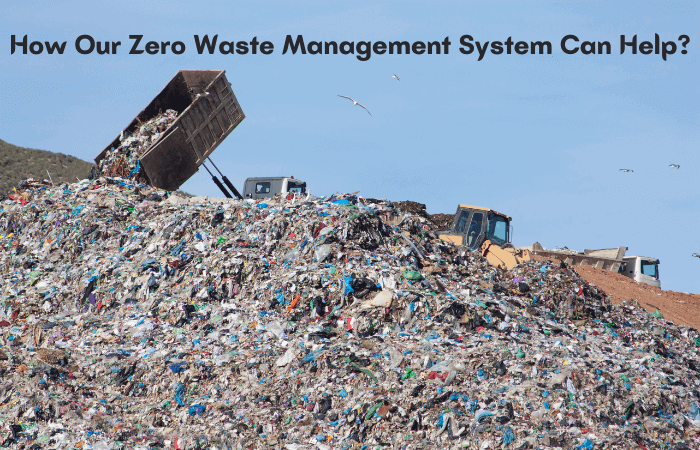RDF stands for Refused Derived Fuel is generated from home and business waste and it additionally incorporates biodegradable substances and plastics additionally. Even the gas is comprised of combustible additives which can be known as Municipal Solid Waste (MSW). However, non-flammable substances which include glass and metals are eliminated and after that, the leftover fabric is then shredded. After that, gas is used as a choice to fossil fuels in strength flora in order to produce electricity. Most importantly, it acts as a renewable strength supply that makes certain that the waste isn’t simply thrown right into a landfill web website online and utilized in a great manner.
What Production Steps Are Involved in RDF?
As Refused Derived Fuel production starts with keeping apart non-flammable wastes consisting of steel and glass from combustibles. When the separation is performed all the bigger gadgets are into smaller pieces. Afterward, the subsequent level is the gathering of un-segregated municipal waste, which incorporates natural waste this is broadly speaking meals waste) and diverse different substances like paper, cloth, plastic, and timber that offer the calorific price required to burn. During the separation stages, unsafe substances are eliminated completely. As Refused Derived Fuel can method exceptional substances and there are various strategies that ensure the introduction of a homogenous cloth and it’s also used rather than fossil fuel.
The most common method of extracting RDF from Municipal Solid Waste is to combine mechanical and biological treatment methods. Some of the methods are-
- Size screening
- Coarse shredding
- Bag splitting
- Shredding
- Magnetic separation
- Refining separation
RDF in waste management
In India, there may be a first-rate want for powerful strong waste control due to fast industrialization. The system of co-processing of refused derived fuel (RDF) will become an exceptional choice for surroundings control of non-biodegradable, non-recyclable natural waste as nicely a good way to make a contribution enormously a good way to lessen emissions as fossil fuels utilized in cement kilns. Besides this, the authorities have additionally brought rules for processing additionally. Most importantly, the first-rate RDF leaves its effect on its usage while it worries cement kilns. There are many cement industries in India that can use RDF instead of fossil fuels.
RDF covers a wide range of waste materials that have been processed. Most importantly, the RDF production technology era contributes to a technique of waste to technique and decrease the carbon footprint as its miles important for diverting waste from all of the landfill sites.
Contact:
DCC Infra Pvt Ltd.
info@zerowasterecycler.com
Mob No, +917290049003
Call/DM us for inquiries! +91-7290049003
Blog Content Source: https://zerowasterecycler.wordpress.com/2022/11/29/rdf-stands-for-refuse-derived-fuel/
.png)

